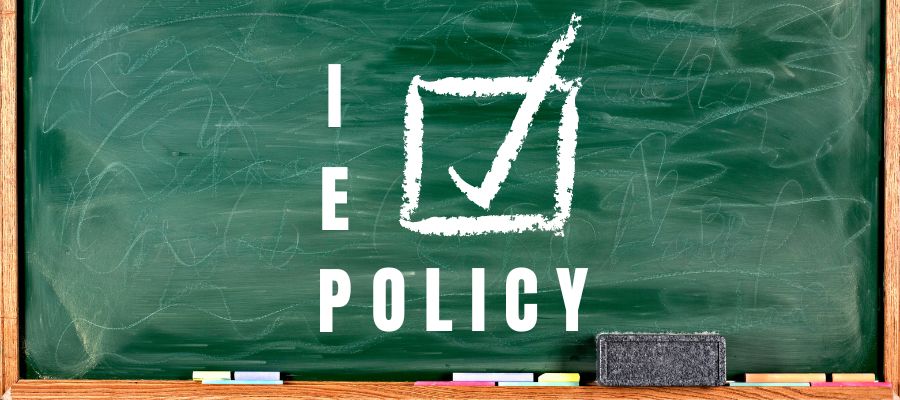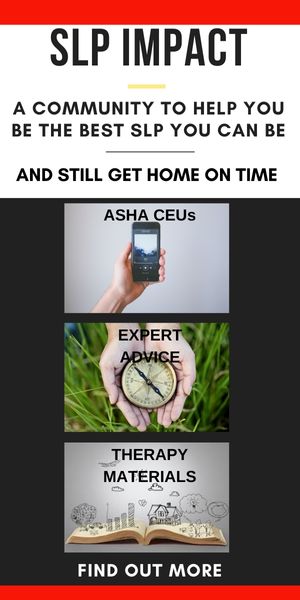Have you ever been stuck in a sticky situation where you are advocating for what you believe to be right for a child (and all children) but the opinion of the campus or the district might not be caught up to what best practices would indicate?
Without knowing what recent trends, policy, and legislation have actually evolved to date, we can be left in an awkward tug-o-war of opinions, and if we are not in a position of power, we may not get much say.
We invited Dr. Leah Fabiano in for a conversation on how to best navigate these murky situations and come up with our relationships intact AND do what’s right for our students. Check out what she has to say in these four short minutes and then click below to find out more about her full presentation on the topic.
How Does a Bilingual IEP Toolkit Differ from a Monolingual IEP Toolkit?
How Do We Level the Playing Field Between Parents and SLPs?
How Can SLPs Use the Language of Public Policy to Improve Our IEP Meetings?
The Bilingual IEP Meeting Toolkit: How to Advocate for Language Access
This situations can be really sticky. That’s why we invited Dr. Leah Fabiano in for a talk so that you can get the full picture. In this presentation she covers:
- Guidelines for assessment and intervention
- How to advocate for, and teach parents how to advocate for, the kids on our caseloads
- Material on parent-clinician interaction that came out in a recent LSHSS special issue that focuses on leveling the playing field between parents and clinicians
- Important considerations when interacting with parents of students who speak a language other than English as their primary language
Watch this overview and then click here to find out more: Bilingual IEP Meeting Toolkit


 Share
Share
 Tweet
Tweet
 LinkedIn
LinkedIn
 Pin
Pin
 Email
Email

